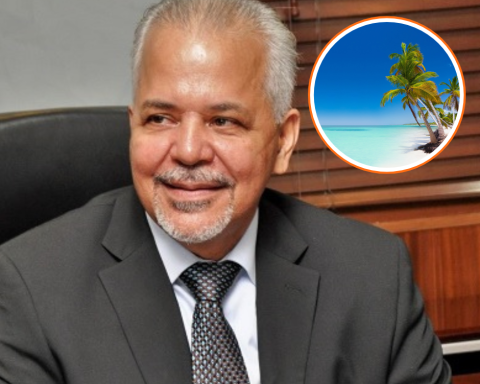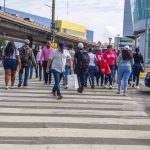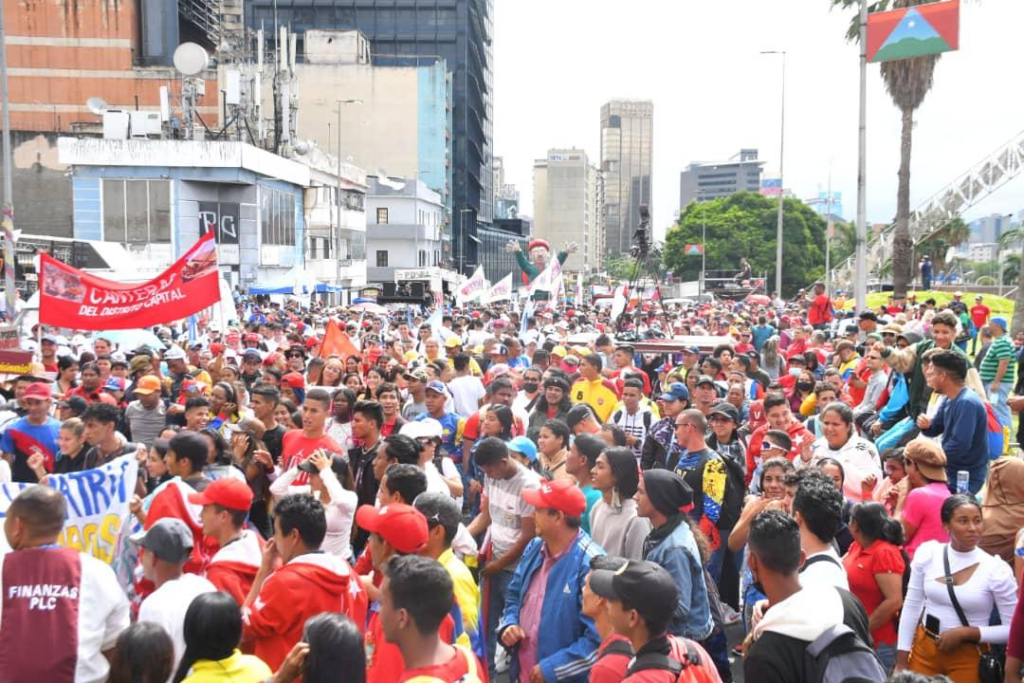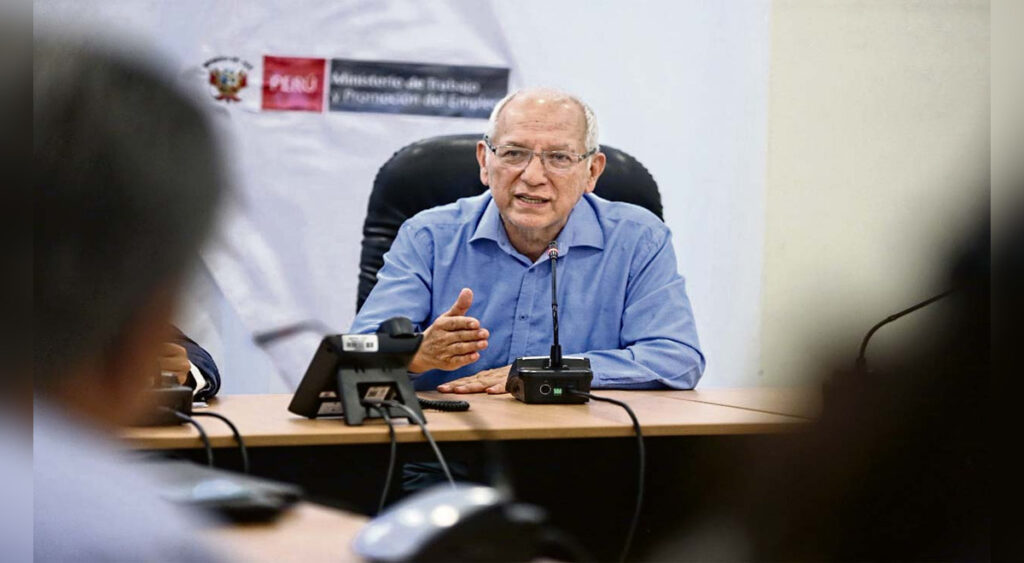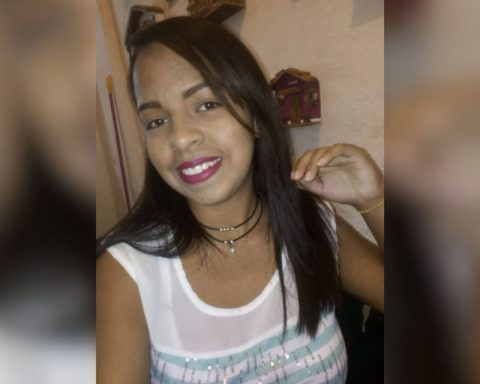He Executive power will withdraw from the National Congress the Comprehensive Law on Human Trafficking, Exploitation and Smuggling of Migrants that it had submitted, to reformulate aspects of its wording and reintroduce it in 45 days.
It is expected that in the afternoon more details will be given from the Presidency of the Republic.
Among other things, the proposal contemplates that illegal immigrants in the Dominican Republic will not benefit from the care, assistance and protection programs established in said project, submitted by President Luis Abinader to the Senate of the Republic on December 12, 2022. , nor will they be able to take advantage of the principle of non-refoulement that is limited to victims of human trafficking in the same law.
The aforementioned benefits correspond to victims of human trafficking, which are those people who have been subjected to recruitment and retention, through the use of violence, by an individual or criminal group for the purpose of exploitation or slavery.
Similarly, minors and people with mental or psychological disabilities who have been the object of migrant smuggling may receive assistance and be part of the care programs available, but they will be subject to return to their countries of origin.
Controversies generated
The issue of the “principle of non-refoulement” generated controversy with critics of the law, who allege that this could be interpreted as a key so that illegal immigrants could have resources to remain permanently in the country.
He Executive power, however, he alleged that with the project he intends to assign new functions to the Inter-Institutional Commission to Combat Trafficking in Persons and the Illicit Trafficking of Migrants from the Dominican Republic (Citim), to “give a coordinated response from all the instances that politically manage and replace the care services for victims, whose Presidency will be exercised on a rotating basis every two years, in accordance with the successive order indicated in the article of integration of the plenary session, which is determined by the Ministry of Foreign Affairs, the Public Ministry, for Women, a representative of the Judiciary appointed by the plenary session of the Supreme Court of Justice; the General Directorate of Migration, the National Council for Children, the National Police, the Army of the Republic, the Ministry of Labor, the National Institute of Migration, the Ministry of Tourism, Interior and Police, the Navy of the Dominican Republic , the Specialized Corps for Land Border Security (Cesfront), the Ministry of Education and the National Health Service (SNS)”.
“Through this bill, the State will fully respond to human trafficking in all its forms, sexual exploitation, sexual slavery, forced marriage or union, servile marriage or union, irregular adoption, slavery, the sale or rental of girls, boys or adolescents, forced labor, forced begging, labor exploitation, the use of girls, boys and adolescents in the commission of criminal acts, illegal removal of organs, illicit organ trafficking, the illicit biomedical experimentation and other forms of exploitation”, said President Abinader in his letter to Eduardo Estrella, president of the Senate, when depositing the project.
The executive director of Citizen Participation, Fátima Lorenzo, considered last Friday that there has been confusion in relation to what a bill establishes on human trafficking and what it indicates about the smuggling of migrants.
“What this reform proposal does is give a human rights perspective to the issue of trafficking,” Lorenzo told reporters during his participation in the presentation of the Judiciary’s priorities for 2023.
He specified that the project seeks to dignify the treatment that should be given to victims of trafficking who, according to investigations by Citizen Participation, women, girls and boys are the main affected in the country.






